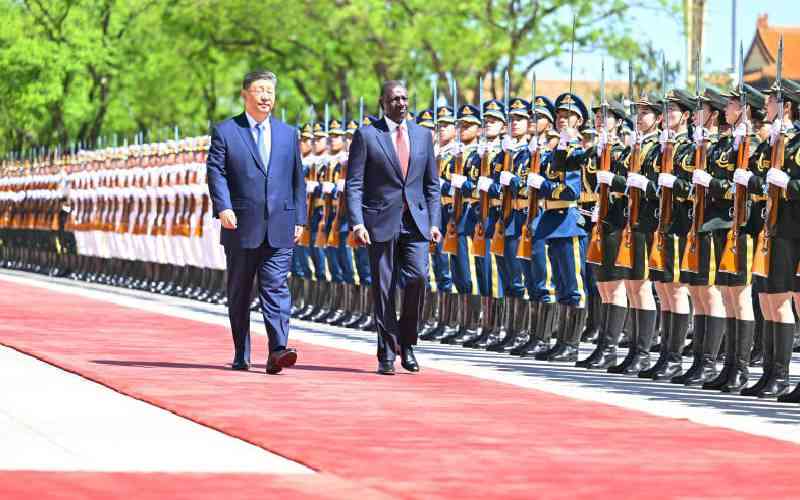
At a time like this last year, what was on everyone's lips was President William Ruto's impending visit to the US. There was an excitement about it in the corridors of power. Some overzealous government mandarins even suggested that the much-publicised state visit was a testament that Kenya was the 'prefect' of Africa. At that time, there was muted anti-China rhetoric in Nairobi.
A year later and with the change of guard in Washington, DC, the 2025/26 budget making process underway and the country staring at yet another huge deficit, the President scrambled a team and flew to Beijing with a begging bowl in hand.